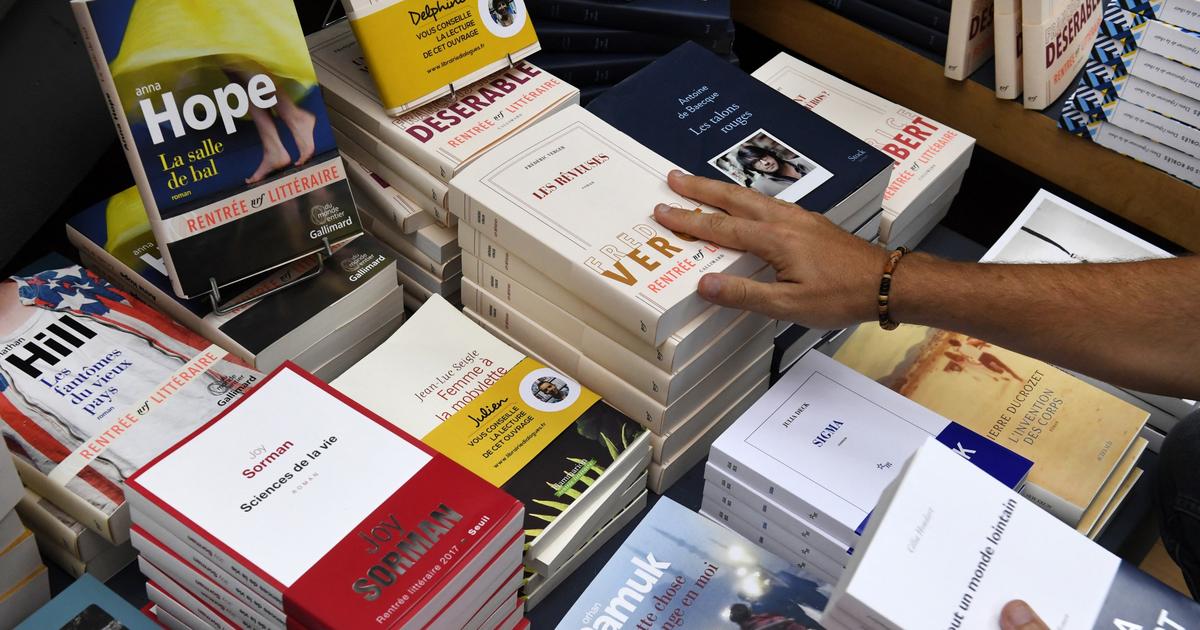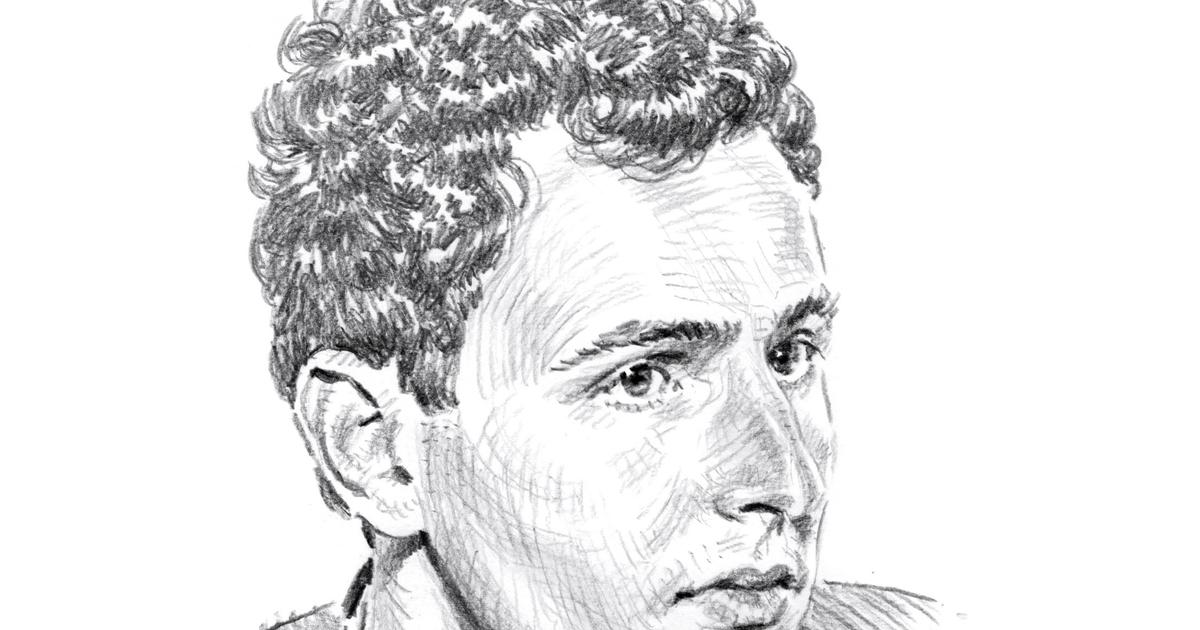Behind-the-scenes proofreaders whose work and recommendations sometimes lead to heated debates.
Present for several years already in the Anglo-Saxon literary world, the
"sensitivity readers"
identify cultural inconsistencies, inappropriate stereotypes and flush out, in the manuscripts entrusted to them, the slightest passages likely to offend contemporary sensibilities.
Vindicated by certain authors when others, wanting to be in tune with the times, consider their work welcome, these proofreaders of a new genre have long remained confined to children's literature.
It is no longer the case.
The profession has been talked about again on the occasion of the release of revised and corrected editions of books by Roald Dahl (
Charlie and the Chocolate Factory
) and Ian Fleming (
James Bond
).
The prose of these two mid-twentieth-century authors has been modified to be more suited to current sensibilities.
In Roald Dahl, for example, characters are no longer
“fat”
or
“crazy”
;
while in Ian Fleming, the changes concern the description deemed racist of black characters.
Accusations of censorship immediately flared up among those who say they fear a sanitized literature, sweetening the past as well as the present.
Read alsoRoald Dahl, Ian Fleming: How will we write tomorrow?
Quest for authenticity
Who are these
“sensitivity readers”
?
Mostly freelance workers, often (little) paid by the word or number of pages by writers or publishers concerned about the accuracy of descriptions in their texts.
Or, critics of the practice accuse, of avoiding at all costs the disastrous consequences of a possible social media storm in the event of a misstep.
The proofreaders have various specialties according to their origins, religion or experience:
"child of immigrants"
,
"bisexual"
,
"autistic"
,
"wearer of hijab"
,
"deaf"
,
"expert in Chinese and Hong Kong cultures".
"
I don't think our critics understand the process
," defended AFP Patrice Williams Marks,
"sensitivity reader
" based in Los Angeles.
"If you're writing about a population or a community that you don't know well and want it to be authentic, then you seek out a
sensitivity reader
who is part of that community and ask for their opinion."
Lola Isabel Gonzalez, another reviewer also based in Los Angeles, says, "
I always tell authors that they don't have to accept any changes I suggest
."
Read alsoCharles Jaigu: "Art and the way of being anti-woke"
If she judges that
"there are good reasons to regulate the reading of children"
, the British teacher and author Kate Clanchy is much more circumspect when it comes to adults.
The latter
"are able to put down a book if it upsets them"
, argued last year the one whose memoirs were submitted to "
readers
" after their publication, because accused of being racist and validists - it that is, discriminatory against people with disabilities.
Constant anxiety about hurting other people's feelings inhibits spontaneity and stifles creativity.
Lionel Shriver, American writer
For the American writer Lionel Shriver (
We need to talk about Kevin
), one of the fiercest critics against them, the proofreaders are nothing more or less like a
"sensitivity police"
.
But
“the constant anxiety at the idea of hurting the feelings of other people inhibits spontaneity and encumbers literary creativity”
, she castigated in the
Guardian
in 2017. The editors
“do a hell of a good job, trying to spoil our books and our pleasure as readers
,” she squeaked again last month on the ultra-conservative British channel GB News.
In France, a country very resistant to this type of proofreading, the essayist Raphaël Enthoven denounced in 2020 these "
modern censors
” as
“the vanguard of the Identity Plague”
.
Read alsoBlaise Pascal: what meaning to give to The heart has its reasons that reason does not know?
Generation effect
But in the name of authenticity and anti-racism, writers are favorable to these proofreaders.
This is the case of the American Adele Holmes, who took the initiative to call on Patrice Williams Marks for her first book (
Winter's Reckoning
, 2022).
The latter identified, she explains to AFP,
"points related to white privilege and the role of the white savior"
.
And more prosaically, for the character of a black woman described as having "silky"
hair
, she suggested that she use the word
"frizzy"
instead to stick to reality.
Read alsoRewriting by Roald Dahl: soon Balzac or Voltaire?
Adele Holmes says the proofreader has
"helped her immensely"
.
As for the criticisms, she says she thinks they come from people who feel
“threatened”
by minority claims, in a publishing world known to be predominantly white.
For Lola Isabel Gonzalez, this rise of sensitive proofreaders reflects the evolution of a part of society.
"I don't think I could have done this job at another time
," says this proofreader, rejoicing that
"Generation Z"
questions established facts.
"Younger generations understand the importance of sensitive proofreading
," while
"older generations may have trouble seeing it as cultural progress
," she says.




/cloudfront-eu-central-1.images.arcpublishing.com/prisa/G4E24XOQPFEYXPHXB72PFZJ3WQ.jpg)

/cloudfront-eu-central-1.images.arcpublishing.com/prisa/UN3R52DODVFLDBHY6QSGPVWNLU.jpg)


